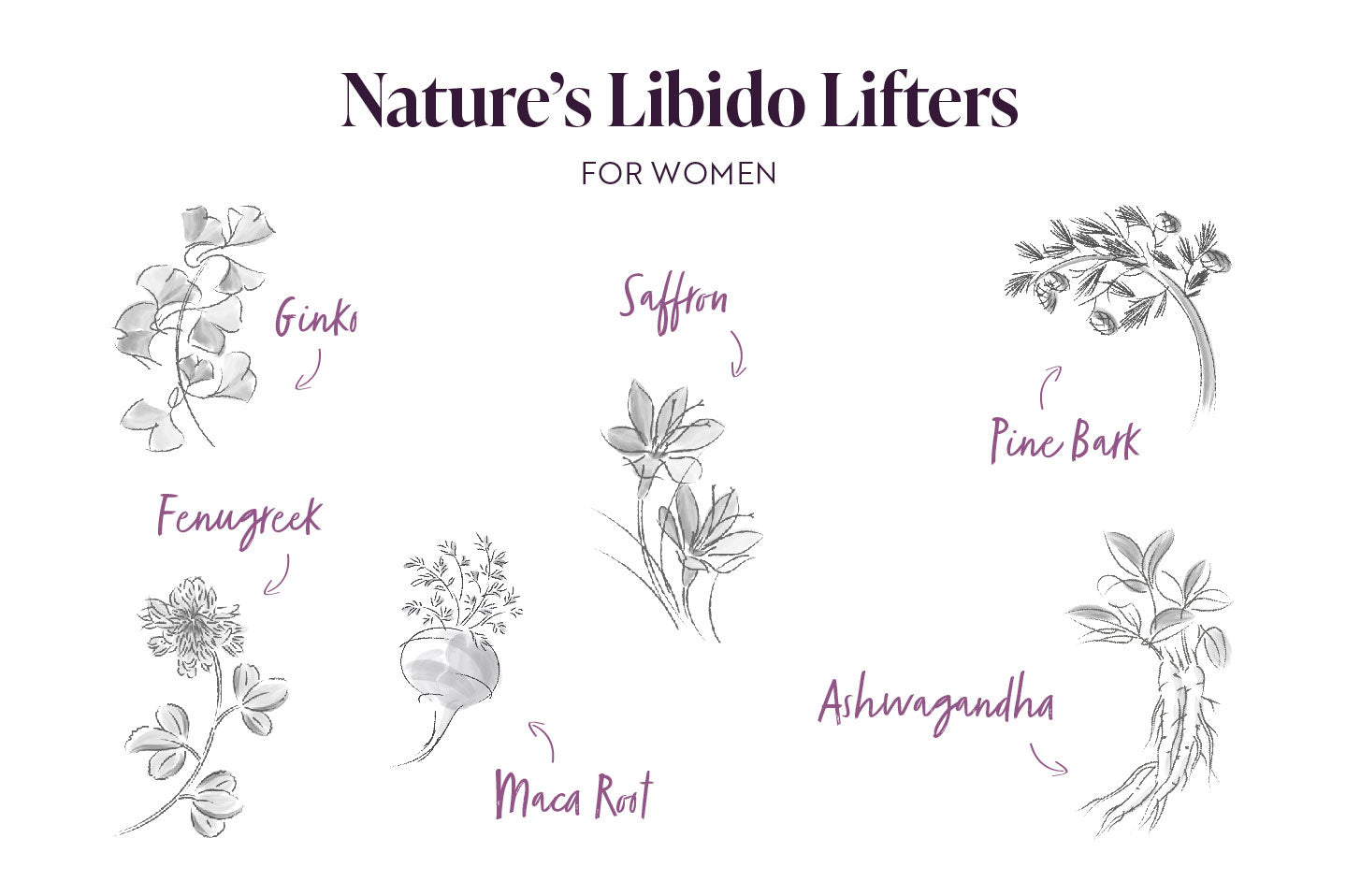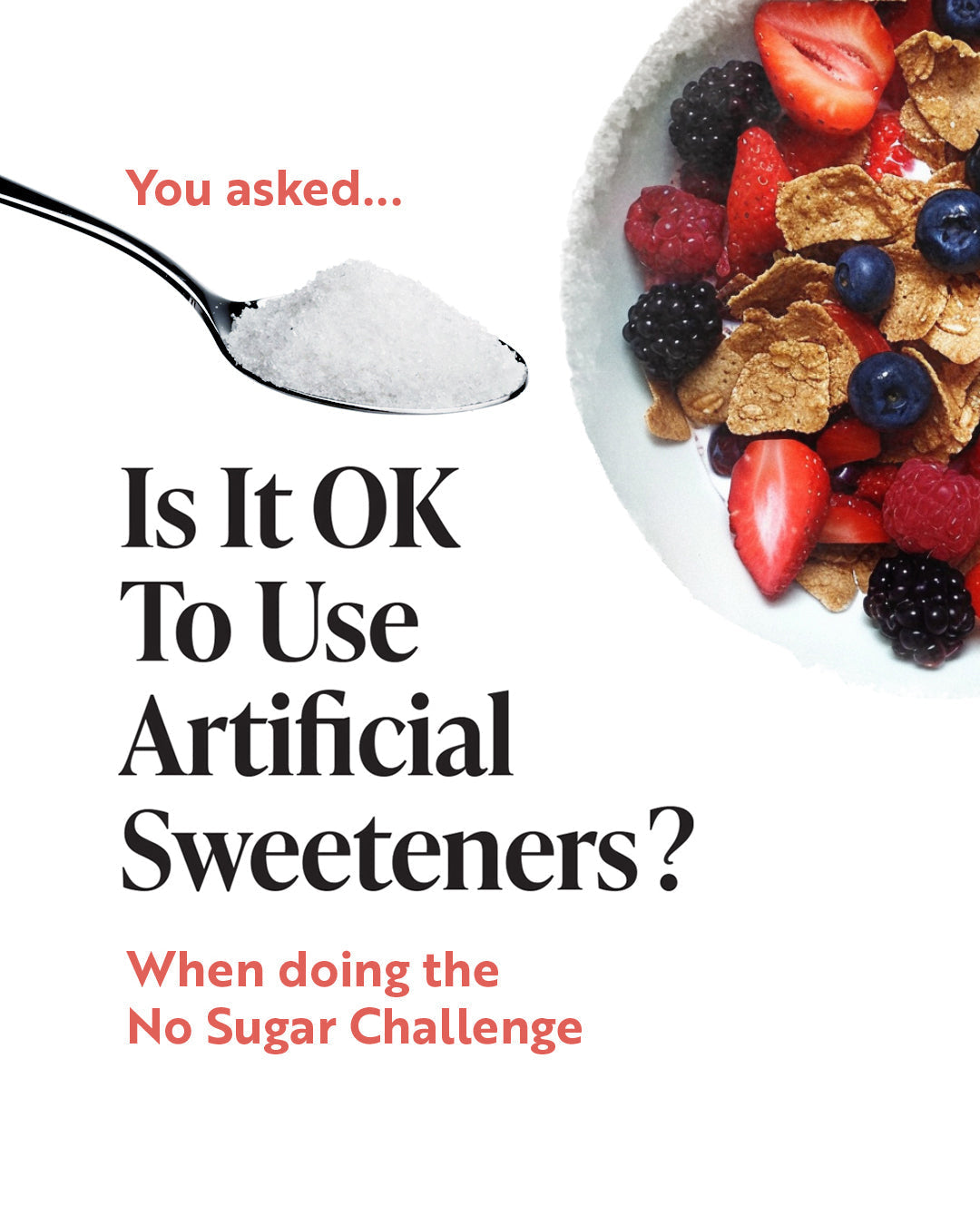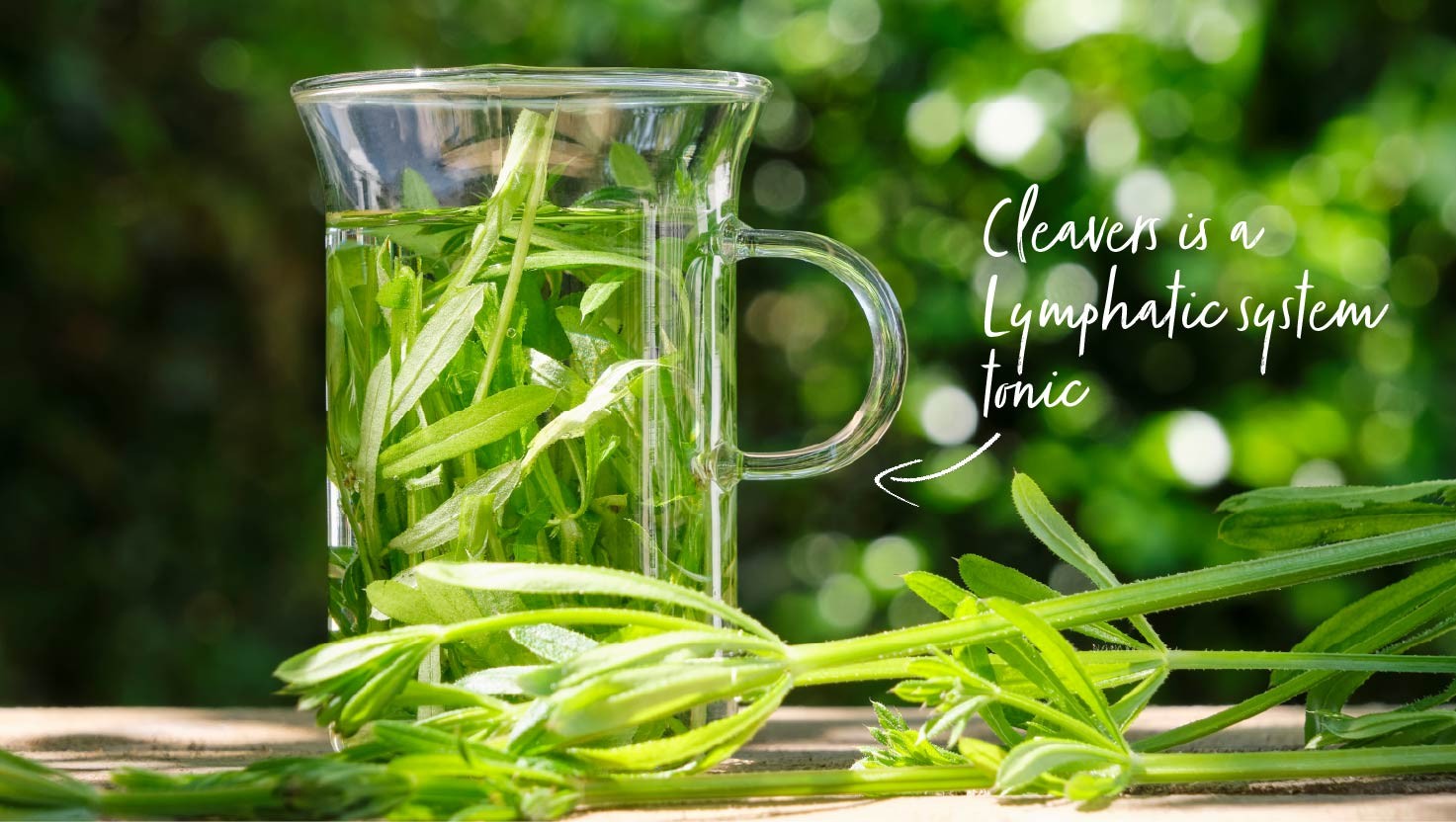
There’s never been a more important time to help make sure your body is working at its best when trying to conceive. Nutrition and lifestyle can play a significant role in improving the chances of conception for men and women. Following a more Mediterranean type of anti-inflammatory diet based around plants, wholegrains, vegetables, fruits, lean meats, fish, and healthy fats which reduce sugar and salt and avoid ultra-processed foods improves pregnancy and IVF rates. It also well established that women planning pregnancy should be supplementing folic acid.
In this article we shall look at what to consider when choosing a food supplement, dietary choices and positive lifestyle choices to support fertility.
What are the key nutrients for optimising fertility?
It is important for mothers and fathers-to-be to prepare their bodies by optimising their intake of key nutrients to improve fertility. For mothers to be, one of the main staples is born from the Government recommendation that all women considering pregnancy should supplement with 400 mcg of folic acid daily for the 12 weeks preceding conception. This recommendation is based on the Cochrane Review which is a high-quality piece of research that found folic acid supplementation reduced the risk of neural tube defects. However, this is just the tip of iceberg in terms of nutritional support and the multiple nutrients which are necessary to support female fertility, and doesn’t address the vital role the health of the father plays too
Optimising female fertility
Antioxidants
Apart from health conditions that directly affect fertility, oxidative stress can impact the chances of conception, as the free-radicals responsible can affect DNA and reduce reproductive capacity. Antioxidants inhibit the production of free radicals which causes oxidative stress.
Common antioxidant nutrients include vitamin C with citrus bioflavonoids, vitamin E and alpha lipoic acid. In fact, vitamin C has been highly associated with improved pregnancy outcomes in women with a history of miscarriages. It is always best to supplement with several different antioxidant nutrients as opposed to just one due to their synergistic activity.
Folate
As previously mentioned, it is a well-known public health message that pre-conceptional folic acid, 400 mcg daily is essential to reduce the risk of neural tube defects. Folic acid supplementation is associated with improved embryo quality, improved chances of pregnancy and decreased risk of infertility due to poor egg quality. Furthermore, folic acid works with vitamin B12 to recycle damaging homocysteine. This helps to keep homocysteine in check, as elevated homocysteine are associated with lowered fertility outcomes, and may damage the fragile tissues of the ovaries.
Zinc
Often overlooked, zinc is a major player in fertility. Zinc is an antioxidant nutrient plus it plays a role in regulating immunity, oocyte formation and maturation. Zinc supports the immune system to work with your body to produce healthy eggs and nurture a developing baby.
Iron
In female health maintaining a good iron status is a juggling act. Iron is lost during menstruation, exercise and stress. For some, especially those following a vegetarian or vegan diet obtaining an adequate iron intake from food can be difficult. Iron is a necessary component in blood haemoglobin to allow the transport of oxygen to the cells, it regulates the immune system and plays a role in the ovarian production of healthy eggs.
Selenium
In addition to the protective effect of selenium in its role as an antioxidant nutrient, selenium helps to protect the dominant follicle. Multiple follicles begin to mature, yet only the dominant follicle produces an egg. In addition, after ovulation selenium supports the endometrium as it prepares for implantation of a fertilised egg.
Iodine
Primarily known for its role in thyroid function and metabolism, in essence, how the body utilises fats, proteins and carbohydrates for energy. Iodine plays an importance role in brain development and function. In fact, studies that investigated maternal iodine intake and the corresponding IQ of the infant showed a positive correlation1. This means that the mothers who consumed the daily recommended amount of iodine gave birth to infants who up to the age of seven years, when the research ended, had a greater IQ as compared to the infants whose mothers had a lower iodine intake during pregnancy.
Choline
Choline plays an important role in brain health and function. The nutrient is used to make the neurotransmitter, Acetylcholine, which is a signalling compound in the brain that is responsible for memory, knowledge acquisition and problem solving.
Omega 3
Docosahexaenoic acid, also known as DHA, is an omega-3 essential fatty acid shown to support foetal growth, particularly for brain, eye and nerve development whilst also reducing inflammation.
Chromium
Finally, Chromium plays a role in handling blood glucose and its delivery into cells. It is considered that elevated or imbalanced blood glucose may affect conception success rate. Studies show that chromium has been found to improve blood glucose balance associated with polycystic ovary syndrome.
Eating for conception
Reproductive success is influenced by food and type of nutrition. So much so, that a low caloric intake combined with a low protein diet can lead to alterations in the ovarian functions that increases the risk of infertility. Ideally, women should be consuming between 2,000 and 2,500 calories daily, however this needs to take into consideration alongside your activity levels.
Each meal should include half a plate of vegetables and salad, a quarter of protein rich foods and the final quarter of carbohydrate rich foods. This simple formula helps to improve the nutritional content of meals in a balanced manner.
Choosing organic produce which is grown or raised with minimal use of chemicals is encouraged. Subsequently following an organic diet for just 7 days has been shown to reduce the presence of pollutants in humans by 90%2.
Additional Omega 3?
In addition, an adequate dietary intake of omega 3 essential fatty acids is associated with positive fertility outcomes. Including oily fish such as sardines, mackerel and salmon three to four times each week can raise levels of omega 3. Those avoiding fish should include omega 3 rich nuts and seeds such as flax, chia, hemp and walnuts. However, if this is difficult, it can be useful to supplement your diet with a sustainably sourced fish oil or a vegan algae oil that provides eicosapentaenoic (EPA) and docosahexaenoic (DHA) acids alongside a fertility supplement.
How much is enough?
If a fertility supplement has a long list of ingredients and yet the dose is one capsule daily, chances are you are getting a small amount of each of the nutrients.
A fertility food supplement should provide a therapeutic amount of each nutrient, for example, 400 mcg folic acid, 100 iu vitamin E, 15 mg zinc, at least 10 mg iron, 50 mcg B12, 400IU vitamin D and 150 mcg Iodine. It is unlikely to be a full spectrum multivitamin and mineral formula but should instead focus on the nutrients that are involved in reproduction.
For most women optimal fertility support is best provided by a range of supplements, for example, a fertility supplement, in combination with a fish or alternative plant-based omega oil, and also beneficial bacteria to support the microbiome. This combination might be added to or enhanced by more specialist nutrients for specific fertility issues. For example, Myo-Inositol would be necessary for those managing polycystic ovary syndrome, or carnitine for those managing endometriosis.
Should men take prenatal supplements?
The answer is yes. For men, a healthy and balanced diet, accompanied with supplement use, is vital for improving fertility. Couples should not be sharing she same supplements as men and women have different nutritional needs when trying to conceive. The essential nutrients for fathers-to-be include:
- Vitamin E to improve the function of spermatozoa to enhance the sperm's ability to penetrate the egg.
- L-Carnitine is involved in the successful maturation of sperm and sperm mobility; The amino acid L-arginine is required for the replication of cells.
- Zinc is involved in all aspects of male reproduction from hormone metabolism, sperm formation, and sperm motility. Deficiency of zinc has been linked to low testosterone levels and reduced sperm count.
- Vitamin C and selenium are essential for sperm motility, production, quality and motility and morphology.
- Folic acid plays a role in healthy sperm formation.
- CoEnzymeQ10 is integral to healthy sperm concentration and motility.
- Omega 3, as an additional food supplement, is a wise move as it has associations with improved sperm quality and motility.
There are several herbs that can be a useful addition too. Research shows fenugreek improves testosterone levels and sperm quality, whilst maca increases sperm count, volume and motility. Ashwagandha has been shown to reduce oxidative stress, and improve sperm count and motility, and can be particularly beneficial where stress is present.
What should we look for when choosing a fertility supplement?
When considering food supplements, look for those with clean formulations and no junk ingredients. These are the food supplements that avoid additives Many manufacturing aids can be used in the production of food supplements to provide bulk, improve how the nutrients flow through the machines, or preserve or add a flavour or colour but they have zero nutritional value. Examples include, titanium dioxide, maltodextrin, magnesium stearate, aspartame or polyethylene glycol. Instead choose pure supplements containing 100% active ingredients. Independent health stores are a great resource for diet, supplement and lifestyle advice. For your nearest one visit: www.findahealthstore.com
Other health considerations
There are some health conditions which can affect fertility with menstrual health being a key factor. It would be wise to discuss the barriers to fertility with a specialist to rule out or plan a management protocol for conditions such as endometriosis, polycystic ovary syndrome, polyps or fibroids.
Can lifestyle changes improve fertility?
It is crucial to take a holistic approach to improving fertility in women and men through dietary and lifestyle choices. These changes include stopping smoking, limiting or eliminating alcohol intake, increasing exercise, and looking at ways to reduce stress. Adopting a balanced and nutritional diet alongside regular moderate physical activity is recommended to improve ovarian function, sperm quality and fertility chances. Alcohol reduces testosterone and sperm quality, but also alters ovulation and oestrogen levels which can reduce ovarian reserve and egg numbers.
Author: The Nutrition Support Team, at Viridian Nutrition.
References:
- Bath, S.C., (2013) Effect of inadequate iodine status in UK pregnant women on cognitive outcomes in their children: results from the Avon Longitudinal Study of Parents and Children (ALSPAC), The Lancet, 382(9889):331-37.
- Oates, L., Cohen, M., Braun, L., Schembri, A., Taskova, R (2014) ‘Reduction in urinary organophosphate pesticide metabolites in adults after a week-long organic diet,’ Environmental Research, Vol 132, pp.105-111.
The information contained in this article is not intended to treat, diagnose or replace the advice of a health practitioner. Please consult a qualified health practitioner if you have a pre-existing health condition or are currently taking medication. Food supplements should not be used as a substitute for a varied and balanced diet.







